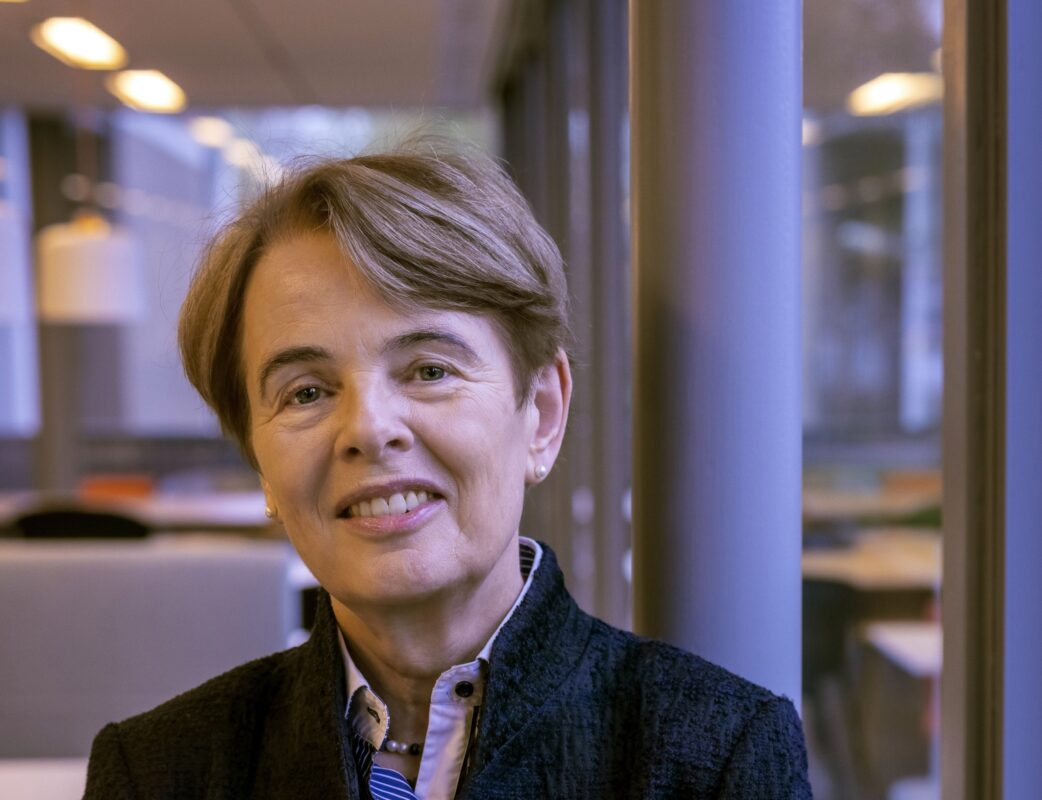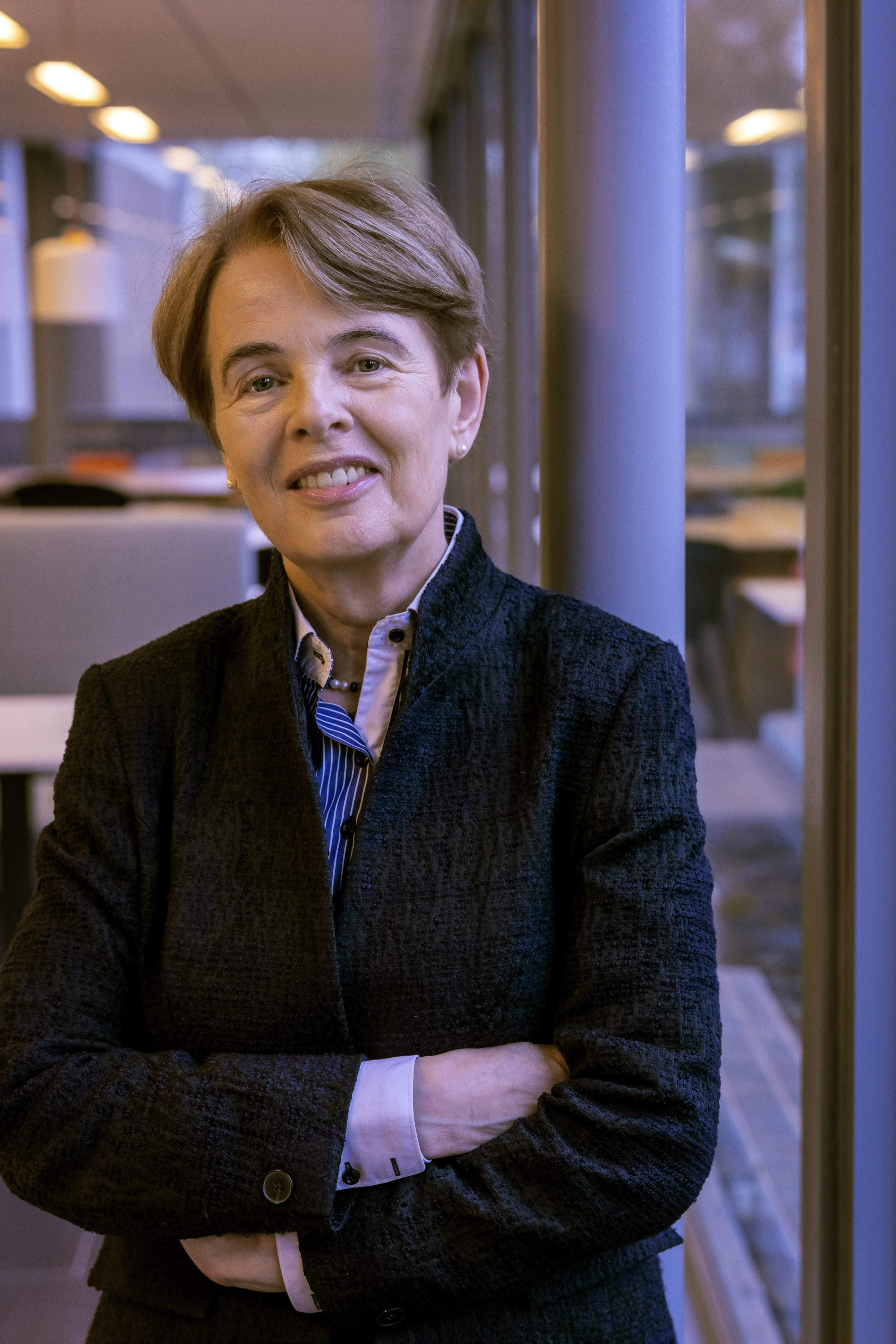
As per April 2024 Prof Dorret Boomsma joins the Complex Trait Genetics lab at the CNCR.
Dorret Boomsma received her two Master degrees in 1983 cum laude – one from the VU University in Amsterdam, in Psychophysiology and one from the University of Colorado, US in Behavior Genetics. After receiving her PhD cum laude from the VU in 1992 on the quantitative genetics of cardiovascular disease, she was appointed as an assistant professor at the VU University in Amsterdam, where she became the head of the Department of Biological Psychology in 1994.
Together with Prof Ko Orlebeke, Dorret Boomsma founded the Netherlands Twin Registry (NTR) in 1986, which currently consists of over 75,000 twins and their family members. The NTR has been and still is a tremendous success and an invaluable resource for the study of genetic and environmental influences on human nature, not only serving Dutch scientists, but facilitating worldwide collaborations. In thousands of scientific publications this resource has now been used, and Dorret’s work has delivered significant contributions to a broad spectrum of human behavior and disease, going from charting the relative influence of genes and environment to pinpointing the most likely causal genes using genomewide association tools and biomedical samples.
Dorret’s work has been lauded both nationally and internationally. She received numerous awards and prizes, including an advanced grant from the European Research Council (2008), the Ming Tsuang Life Time achievement award from the International Society of Psychiatric Genetics (2022), and an Honorary doctorate from the University of Helsinki Medical School (2022), Finland. In 2001 Dorret Boomsma received the Dutch Spinozapremie, which is said to be the Dutch equivalence of the Nobel Prize, recognizing her position as a top scientist.
The Department of Complex Trait Genetics is honored to be joined by Dorret Boomsma, she brings in a lifetime of scientific knowledge on quantitative and behavior genetics, an invaluable network of collaborations and worldwide recognition and opportunities, along with a spirit of unbridled scientific curiosity. The combination with the large scale genetic analyses conducted at CTG and the broader embedding in neuroscience and biology at the CNCR bears exciting future promises.

Nederland, Amsterdam, 2022
Dorret Boomsma,hoogleraar biologische psychologie aan de Vrije Universiteit Amsterdam, tweeling onderzoeker
Foto: Bob Bronshoff